
By Ernest Bako WUBONTO
Finance Minister Cassiel Ato Forson, presenting the 2026 Budget Statement and Economic Policy to the Parliament, announced a sweeping set of reforms targeting education and technical capacity building, signalling a significant policy shift toward human capital development.
The minister emphasises transforming the foundational skills of Ghanaian youth and institutionalising the country’s drive toward scientific and climate-resilient development.
The government will overhaul the basic school curriculum to equip learners with practical skills, resourcing and expanding infrastructure in SHS and TVET institutions to increase the number of Category A and B schools, with priority given to underserved regions.
“In 2026, the government will overhaul the basic school curriculum from kindergarten to primary six to equip learners with practical skills in moral integrity, electronics, robotics, coding and artificial intelligence, preparing them for the modern economy,” he said.
Tech-focused curriculum
The budget emphasised that the core of the education sector overhaul is the planned revamp of the basic school curriculum from kindergarten to primary six in 2026.
This new curriculum is designed to equip young learners with practical skills in areas vital for the modern economy, including moral integrity, electronics, robotics, coding and artificial intelligence. This move, he indicated, aims to prepare students for the evolving job market from an early age.
In further efforts to enhance access and quality, the government announced the expansion of the Free SHS Programme to include 70 private schools through the Computerised School Placement System (CSPS).
This measure, coupled with the completion of ongoing infrastructure projects in public schools, is intended to facilitate a full transition to a single-track system by 2026, effectively eliminating the double-track system.
Furthermore, the uncapped Ghana Education Trust Fund (GETFund) will provide full, sustainable financing for the Free SHS policy, build 200 new basic schools and complete 30 E-blocks, among others.
Bunso University to start admission, Jasikan & Techiman to get tech university
The government is also committed to a major expansion of tertiary and technical education. The University of Engineering and Agricultural Sciences at Bunso, with satellite campuses at Donkorkrom, Kenyase and Acherensua, will commence its first academic year in 2026.
This will be followed by the establishment of two new technical universities in Jasikan and Techiman, and two public universities in Kintampo and Dambai to further decentralise higher education access.
For vocational skills, the Ghana TVET Voucher Project will support an additional 10,000 master craft persons, apprentices and workers while construction continues on six regional TVET centres of excellence.
In a move to support teachers, the budget includes a commitment to developing an affordable housing scheme in partnership with the Ministry of Local Government and GESOPS. Prior efforts in 2024/2025 saw the government fully absorb registration fees for over 471,000 candidates writing the BECE.
Gender gap
Following the distribution of 6.6 million packs of sanitary pads to girls in public basic schools, the programme will be extended to SHS nationwide in 2026.
Further bridging the gender gap in technology, 10 girls’ schools across the regions will receive new ICT laboratories next year.
Teacher development
Substantial investments in teacher development and support were also confirmed. The National Teaching Council licensed 16,468 newly recruited teachers, inducted 19,852 new entrants and renewed 137,695 in-service licences.
In a bid to improve teacher welfare, the government, in partnership with the Ministry of Local Government, is developing an affordable housing scheme to support teachers during and after their service.
TVET education
In the Technical and Vocational Education and Training (TVET) sector, 10,739 individuals received training vouchers under the Ghana TVET Voucher Project, with an additional 10,000 beneficiaries to be supported in 2026. The government will also continue the construction of six regional TVET centres of excellence.
No academic fee policy
Dr. Forson further indicated that the government’s “No Academic Fee Policy” benefitted 120,222 first-year tertiary students, with 23,704 applications pending validation.
The number of beneficiaries is projected to rise to over 220,000 in the 2026/2027 academic year.
“Mr. Speaker, the National Research Fund has been operationalised with a governing council inaugurated to promote indigenous innovation and applied research,” he added.
The post Gov’t unveils transformative education reforms in 2026 budget appeared first on The Business & Financial Times.
Read Full Story
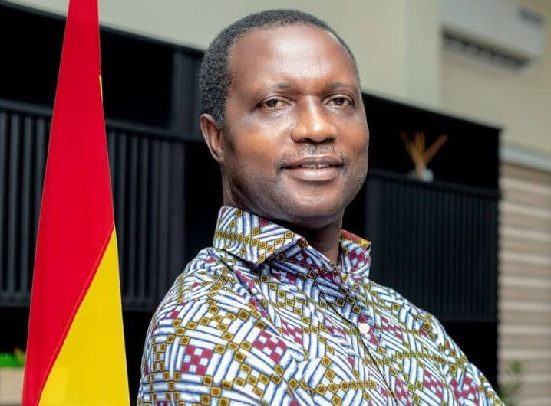
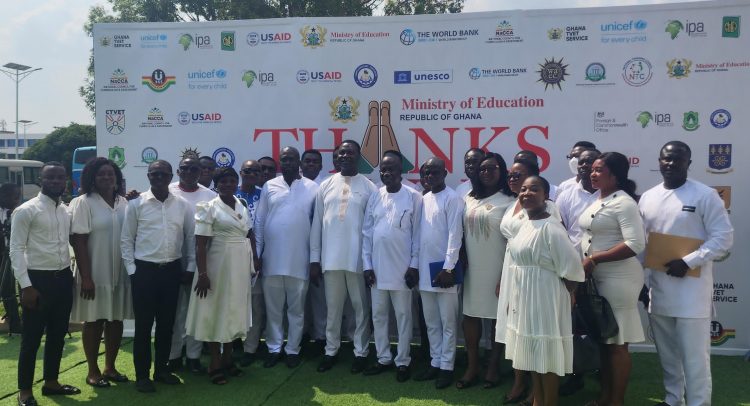


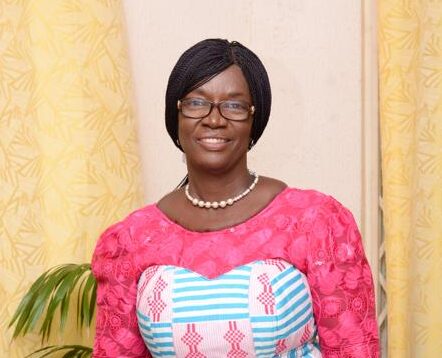
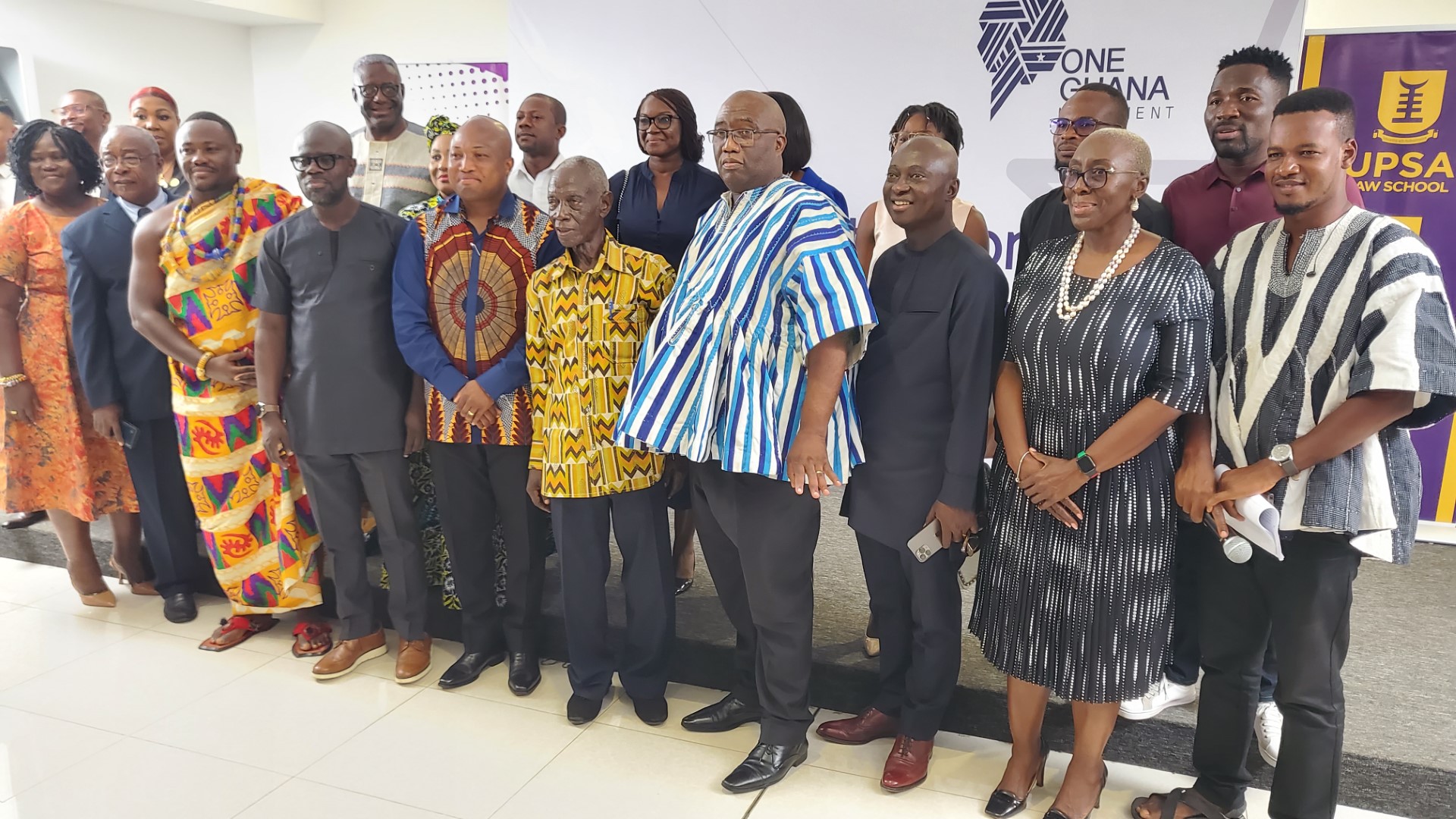
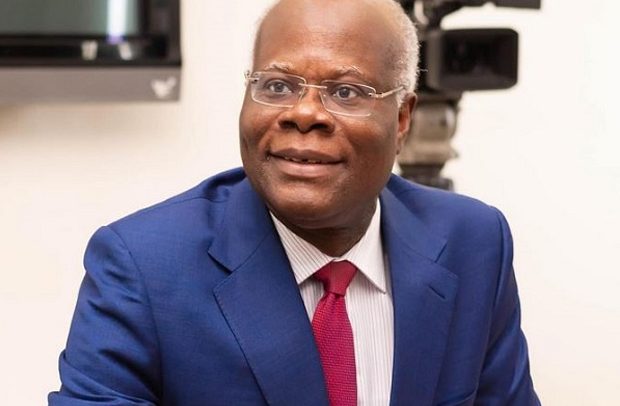
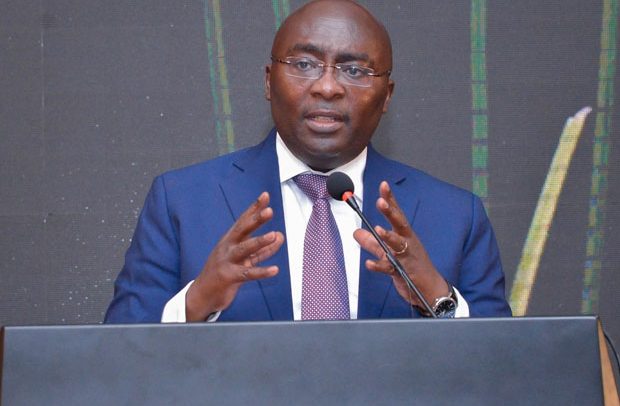


















Facebook
Twitter
Pinterest
Instagram
Google+
YouTube
LinkedIn
RSS